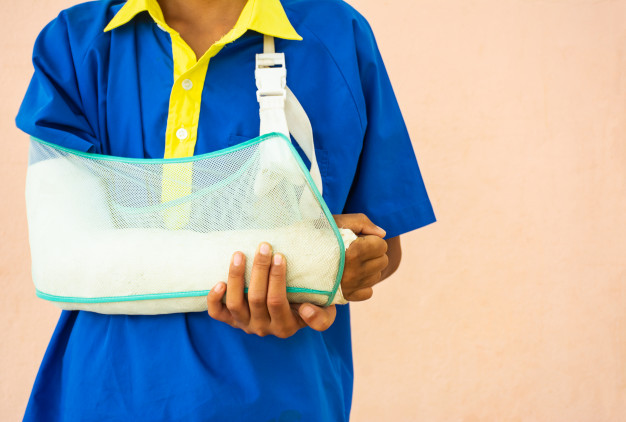Wrist and elbows form a complex structure connecting multiple bones which function in tandem with each other to produce refined movements.
Wrist and elbow pain can affect people of all ages and are generally caused by a variety of factors including overuse, trauma, nerve irritation or another underlying condition or disease.
The wrist is particularly susceptible to injury for people who spend long periods of time typing at a computer, playing musical instruments, in laborers, as well as participants in sports which involve lots of wrist motion eg. Badminton, Squash etc. The common conditions with wrist and elbow are:

Tennis Elbow:
Tennis elbow is an inflammation of the tendons that join the muscles of the forearm to the outside of the elbow. It often occurs due to overusing the forearm muscles and tendons and those around the elbow joint. Tennis elbow is also known as lateral elbow pain or lateral epicondylitis and is not necessarily related to tennis. However, tennis players often develop the condition because it stems from repetitive muscle use. Half of all tennis players will get a tennis elbow in their careers.
Golfers Elbow:
Golfer’s elbow is an injury to the muscles that flex your wrist and fingers. Typically, the golfer’s elbow patient will experience pain when performing gripping tasks or resisted wrist/finger flexion. Pain can also be present when the muscles are stretched. Some patients may have neck stiffness and tenderness, as well as signs of median nerve irritation. Golfer’s elbow is caused by damaged muscle tissue at the point it anchors to the arm bone at the elbow. It occurs when more force is applied to an area than the normal healthy tissues can handle.
Wrist TFCC injuries (Triangular Fibro Cartilage Complex):
The TFCC connects the bones in the hand to the bones in the forearm to form the wrist. It plays an important role in:
- Moving the wrist
- Rotating the forearm
- Supporting the forearm when the palm is gripping an object
There are two types of TFCC Injuries:
Type 1. These injury result from physical injury, such as when a person overextends or over-rotates their wrist, or when they fall on their hand with it extended.
Type 2.The type 2 TFCC injury is also called chronic tear, this occur gradually and can result from damage due to aging or an underlying condition, such as gout or rheumatoid arthritis.
